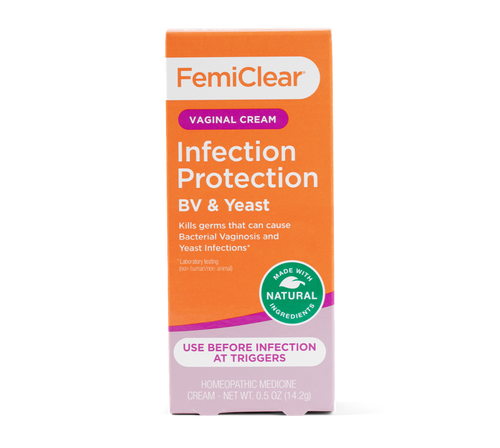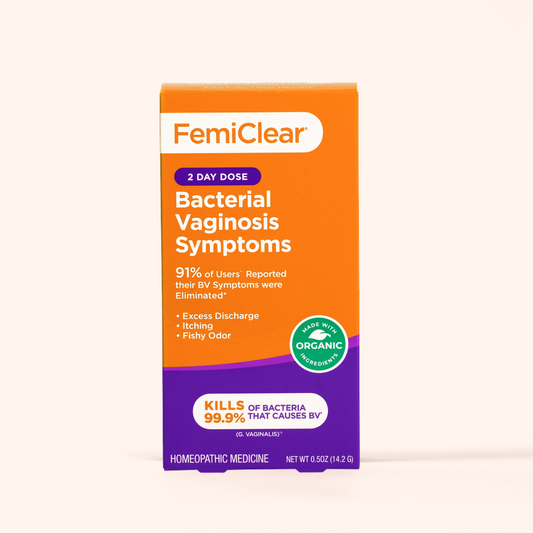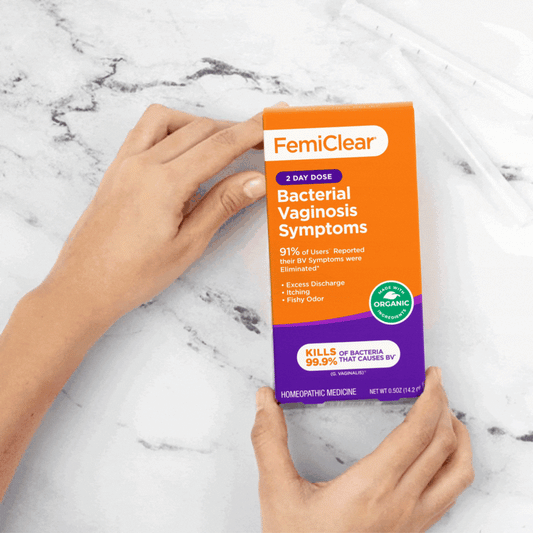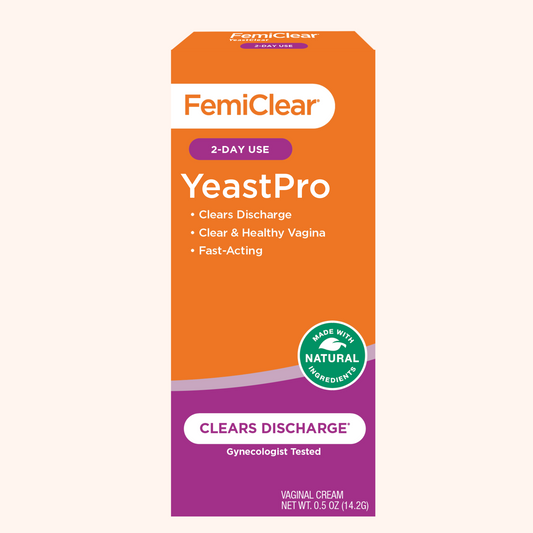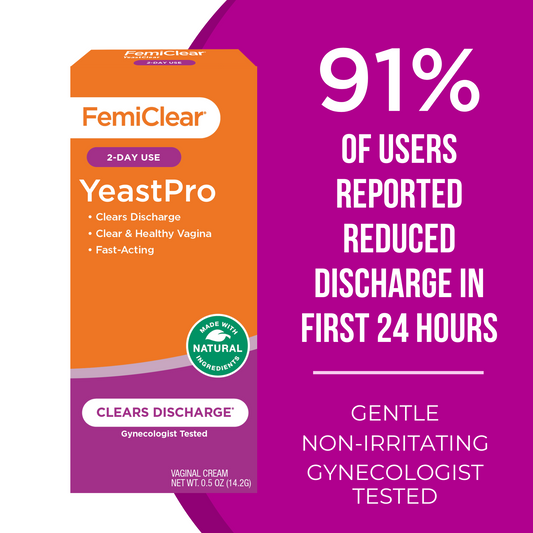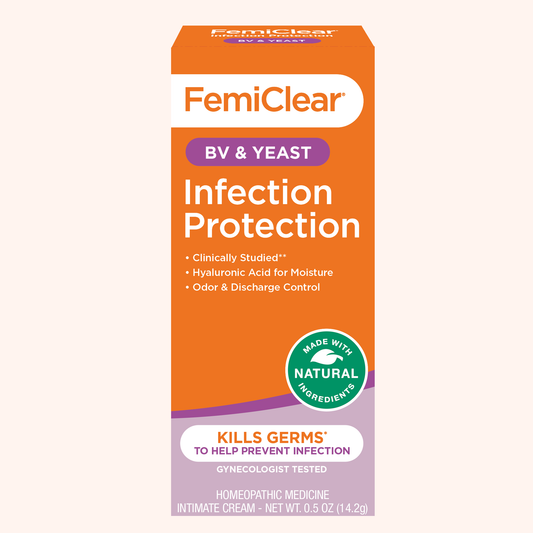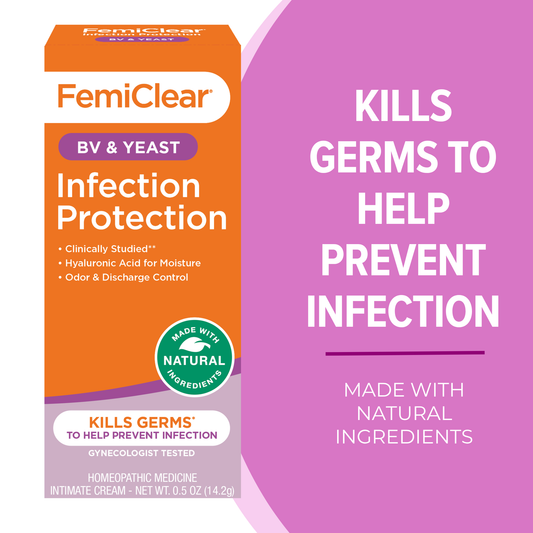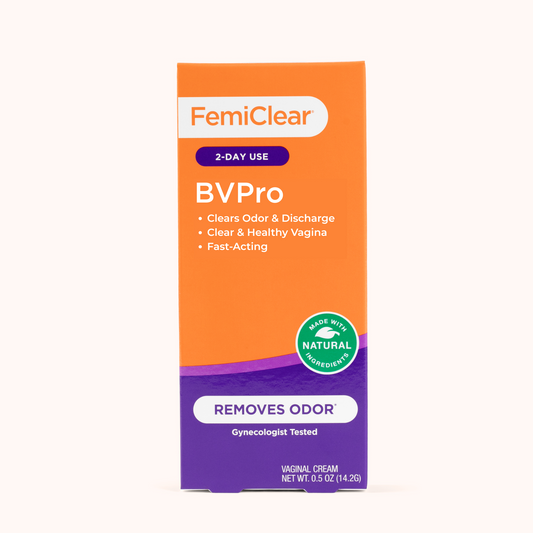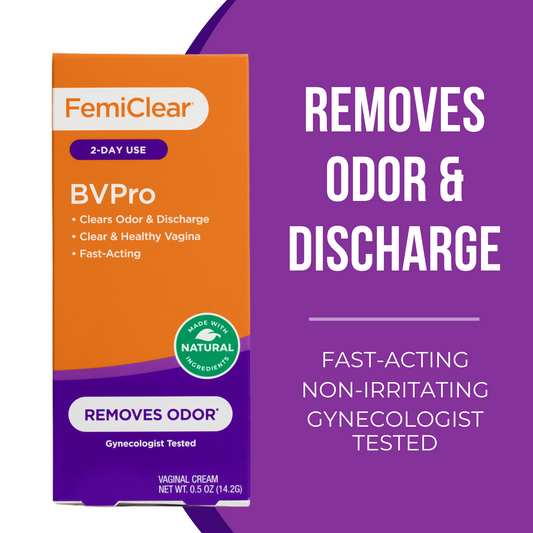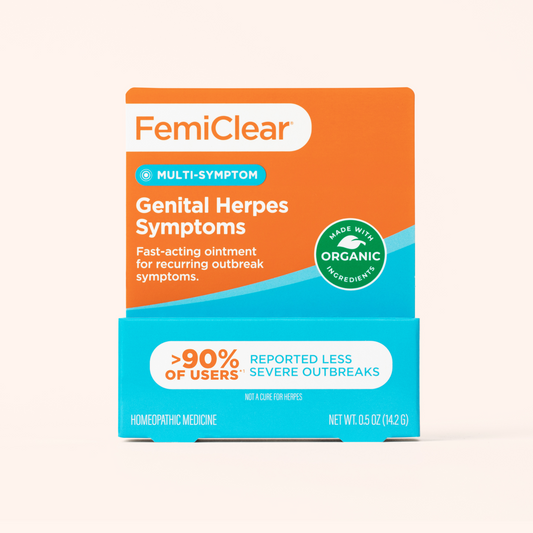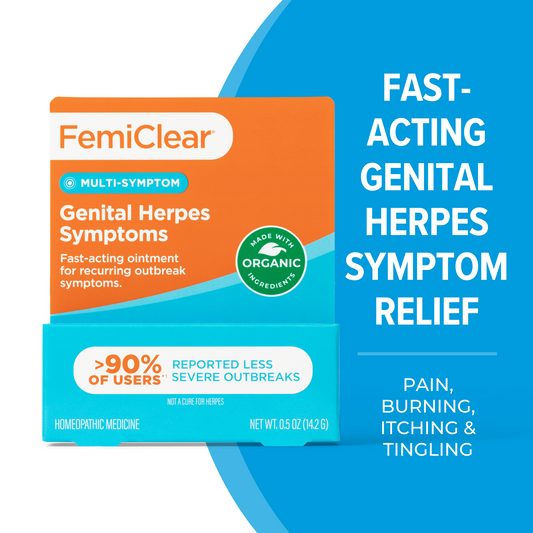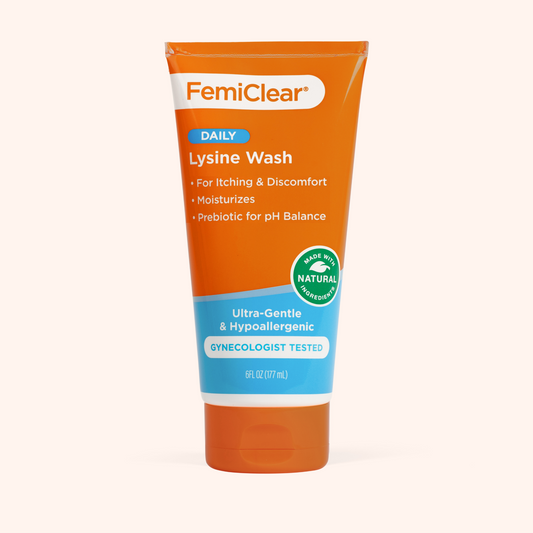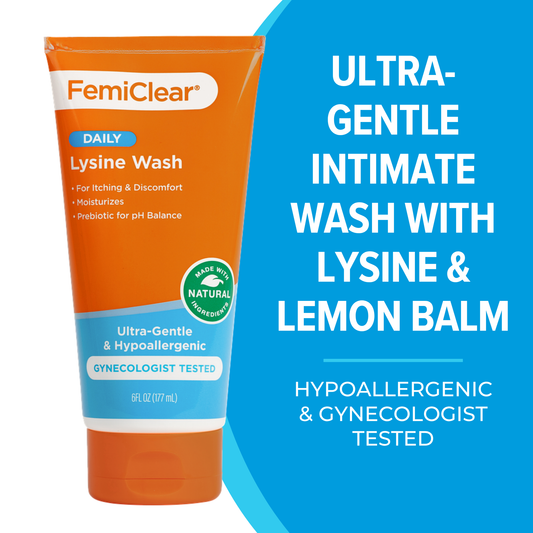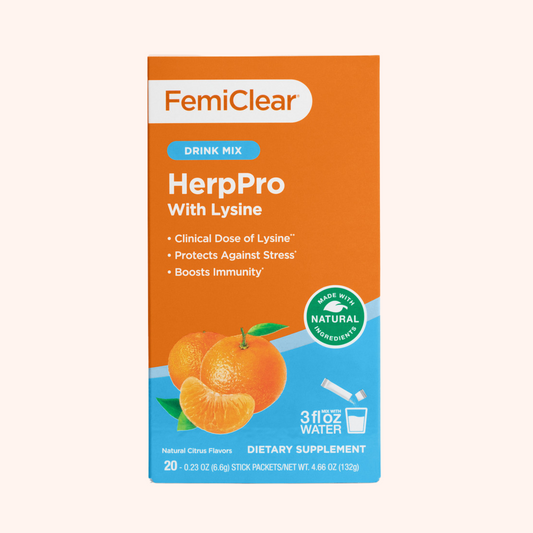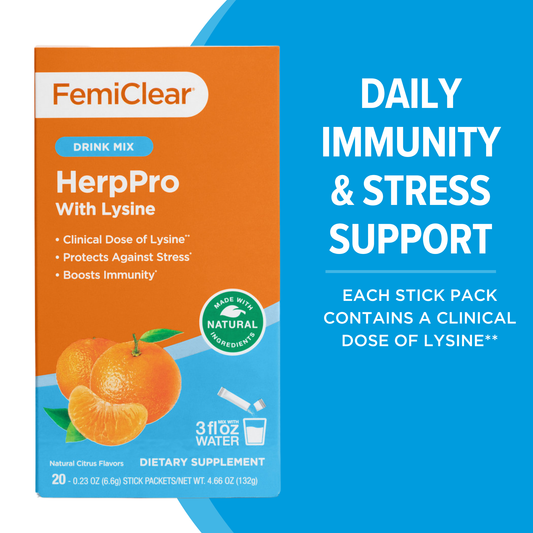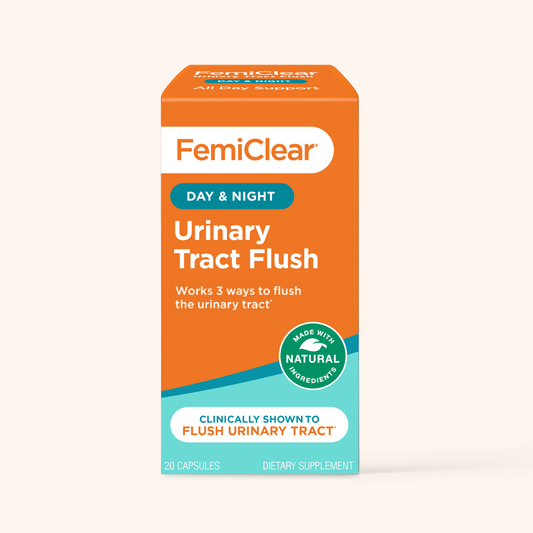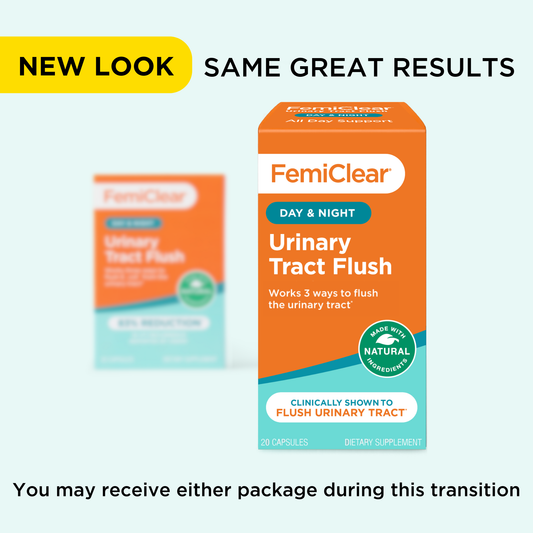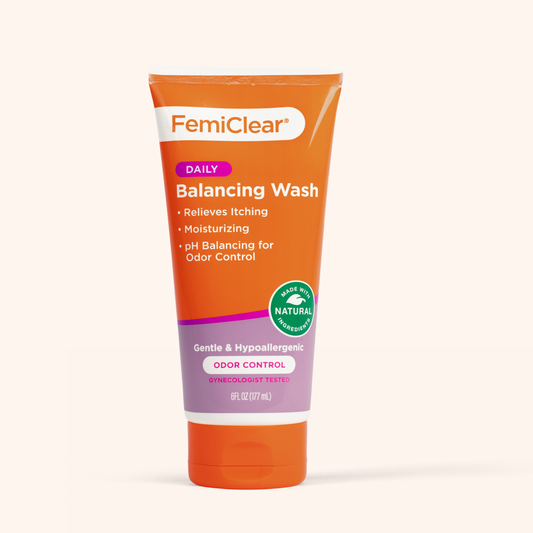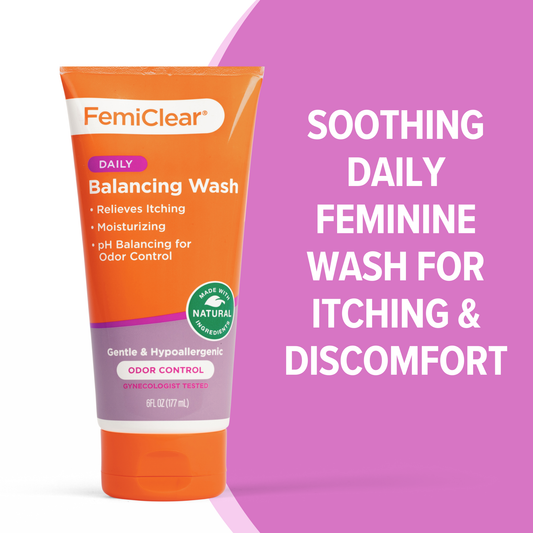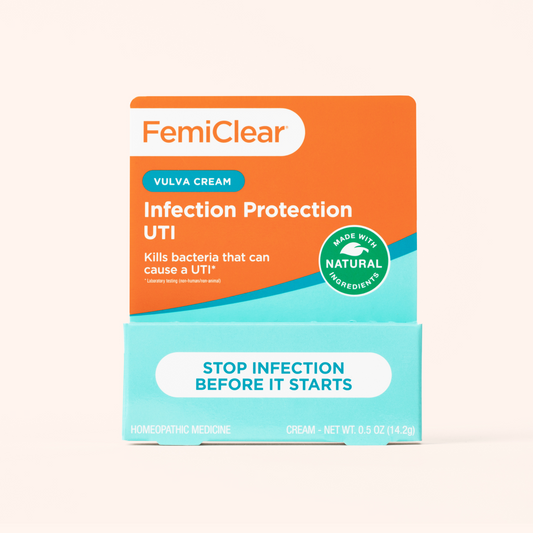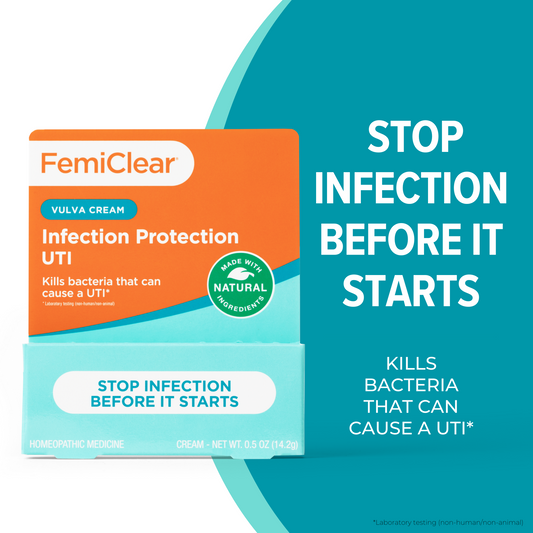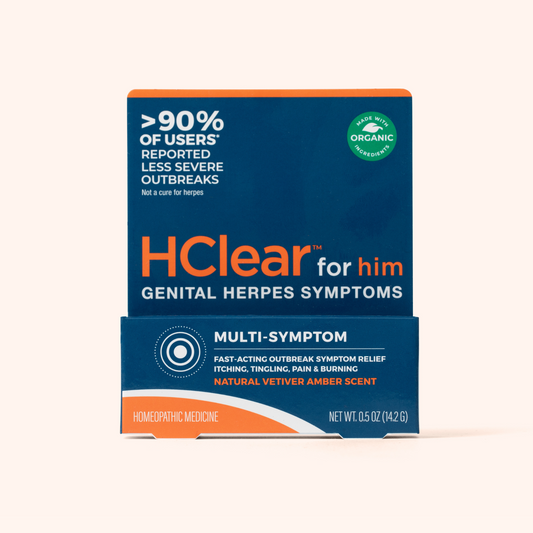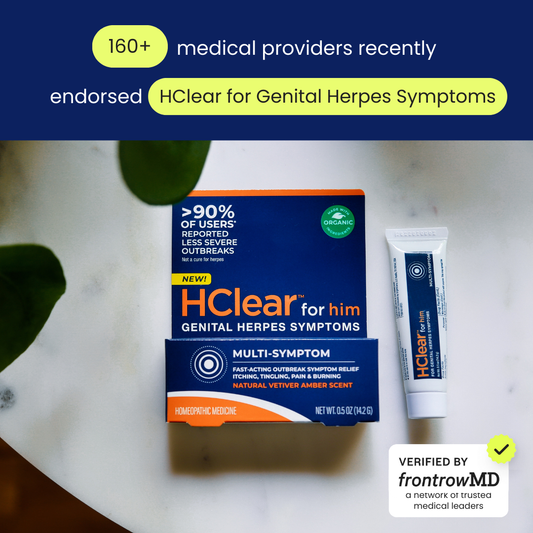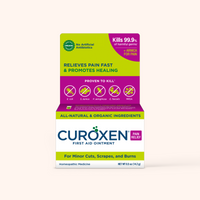Table of Contents
Table of Contents
Everything You Never Got to Ask in High School Sex-Ed
Written by Julia Pelly, MPH Dec 21, 2022

This Valentine’s Day we’re getting down and dirty with the questions you sent our way on TikTok.
Can hormonal birth control cause bacterial vaginosis? Are yeast infections contagious? Can you get pregnant while you’re on your period? While you might have thought you knew all there was to know about your reproductive health, there are times and situations that can lead you to wonder things you’ve never thought much about before.
We get lots of questions on TikTok every day and, while we usually do our best to answer ASAP, we’re taking some time to answer some of our most frequently asked questions here. From when you’re fertile, to when you should avoid sex, to whether certain conditions are contagious, we’ve got you covered. Read on for answers to the questions you never got to ask in sex education.
All about BV
Bacterial vaginosis is the most common vaginal problem for women between the ages of 15 and 44.
Is BV a sign of cheating?
Developing bacterial vaginosis while you’re in a relationship does not mean that your partner has had sex with someone else. If you have BV, you are more susceptible to contracting other STI’s though, so it’s important to talk openly with your partner about your histories and to be sure that each person has had an STI test before you start having sex.Is hormonal birth control causing my BV?
The short answer: No. The long answer: BV occurs when there is an overgrowth of the bacteria that is naturally found in the vagina which upsets its natural balance. This can happen for a lot of reasons but is not caused by hormonal birth control. Several studies have shown that hormonal birth control reduces the risk for recurrent BV. There is evidence that using an IUD for birth control increases your risk of developing bacterial vaginosis, so talk with your provider about the best birth control option for you.
All About Your Fertility
Understanding your fertility plays a big part in supporting your reproductive health. Here are the questions (and answers) to the most frequently asked fertility-related questions. First, some menstrual cycle basics: a normal menstrual cycle includes four phases, the menstrual phase, the follicular phase, ovulation, and the luteal stage. The menstrual phase (when you get your period) and the follicular phase (the phase that begins with your period and ends with ovulation) overlap at the beginning of your cycle, though the follicular phase tends to last longer than the menstrual phase.
Ovulation occurs when a mature egg is released from the ovary and travels down the Fallopian tube. The egg lives in a ready-to-be fertilized state for around or just under 24 hours. After ovulation, your body moves into the luteal phase of the menstrual cycle which lasts from ovulation until the start of your next period.
Can you get pregnant on your period?
In a typical 28 day cycle the menstrual phase would last from day 1 to around day 5 and the follicular phase would last from day 1 to around day 13. Ovulation would occur on day 14 and the luteal phase would last from days 15-28. Because you can only get pregnant when you are ovulating, and ovulation usually comes over a week after your period, you may believe that you cannot become pregnant while you are on your period. In reality, getting pregnant while you’re on your period is possible for several reasons:
- Cycle lengths vary
- The length of the menstrual phase varies
- Sperm can live for 5-7 days in the reproductive tract
What’s up with sex after giving birth?
When you’re a new parent, the thought of sex can induce a very wide range of feelings. You might be excited to reconnect with your partner in a physical way, nervous about whether things will feel different, or absolutely terrified about putting anything anywhere in the vicinity of your vagina.
While different medical professionals may recommend varying lengths of abstinence immediately postpartum (usually from 2 weeks to 8 weeks), you’ll want to be sure to wait until your bleeding has stopped and you are feeling confident about the endeavor. For most people, this is at least six weeks though it’s not uncommon for it to be quite a bit longer, especially if you experienced a difficult birth.
The first time (or few times) you have sex it may feel different, uncomfortable, or even painful. Using lots of lube (postpartum hormones can cause dryness) and taking things slowly can help. If you have persistent pain or feelings of heaviness or discomfort, a pelvic floor therapist can often diagnose specific areas of weakness and provide you with exercises to help strengthen your pelvic floor.
Yeast Infection
Yeast infections are a common concern for women between the ages of 15 and 44.
Can I have sex with a yeast infection?
Having sex while you have a yeast infection can be painful and can worsen the symptoms you’re already experiencing. For these reasons, having sex while you have an active yeast infection is not recommended. Always consult with your provider before making a choice like this. If you do choose to have sex, do your best to lower the risk of transmission by using condoms but be aware that yeast infection treatments may damage condoms and cause them to fail.
Are yeast infections contagious?
According to the National Office on Women’s Health, yeast infections can be passed from one partner to another during sex. Around 15% of men who have sex with a partner who has an active infection will develop an itchy rash on their genitals. The number is slightly higher for women who will become infected. If both partners are women, they should both be treated to prevent infection recurrence.
What happens if you are pregnant and get a yeast infection?
According to the Mayo Clinic, it’s safe to treat yeast infections with over-the-counter medication during pregnancy. A developing fetus will not be impacted by a yeast infection, though symptoms can feel more uncomfortable while you are expecting.
You should always consult with your midwife or doctor before using any sort of remedies or medications (even over the counter) during pregnancy.
Painful sex and STIs
Pain-free sex is possible with the right support.
How can someone with cold sores give someone genital herpes?
According to the World Health Organization, there are two types of the herpes simplex virus.
HSV-1 is most often transmitted orally and is typically responsible for cold sores and other oral symptoms.
HSV-2 is spread through skin-to-skin genital contact and causes genital herpes. HSV-2 is also common, though most people who have genital herpes are not aware of it. Though less likely, HSV-1 can also cause genital herpes in the case of oral-to-genital contact.
If you have endometriosis, why is sex painful?
According to the EndoFoundation, painful sex is a common symptom of endometriosis. This pain is the result of inflammation and fibrosis fusing of different parts of the reproductive tract. Basically, your vagina is less flexible and less mobile if you have endometriosis, making the typical movements that occur during sex feel particularly painful.
What should I do if sex hurts, but my doctor dismisses my concerns?
If you share with your doctor that you are experiencing pain and they dismiss your feelings, downplay your experiences, or tell you things are normal, you should change providers as soon as possible. Everyone deserves to have pain-free sex and there are providers who will prioritize finding solutions to your discomfort.
Until then, do some online reading about your pain and take the time to write down your instances of pain both during sex and throughout the day. Having this information can help you walk into your next doctor's appointment with the sort of data they often need to make an evaluation.
What are the chances of getting herpes after intercourse with an infected partner?
If you’re having sex with a herpes positive partner, you have around a 5-10% chance of becoming infected within a year. To reduce the risk of transmission:
- Use condoms.
- Don’t have sex during an outbreak or for seven days after the last blister has healed
- Talk openly about herpes and other STIs with your partner before you have sex.
Learning about our bodies, our fertility, and sex as an adult can feel different than viewing slide-after-slide of images of painful STDs like so many of us did in high school. Chances are though, no matter how thorough it was, the sex-ed you received in school (or even from your parents) might have big gaps. As you continue to move through life, be sure to reach back out on TikTok if you have more questions, we can help you find the answers to!
Written by Julia Pelly, MPH Dec 21, 2022

BV & Yeast Infection Protection Cream
Stop infection before it starts
Learn More